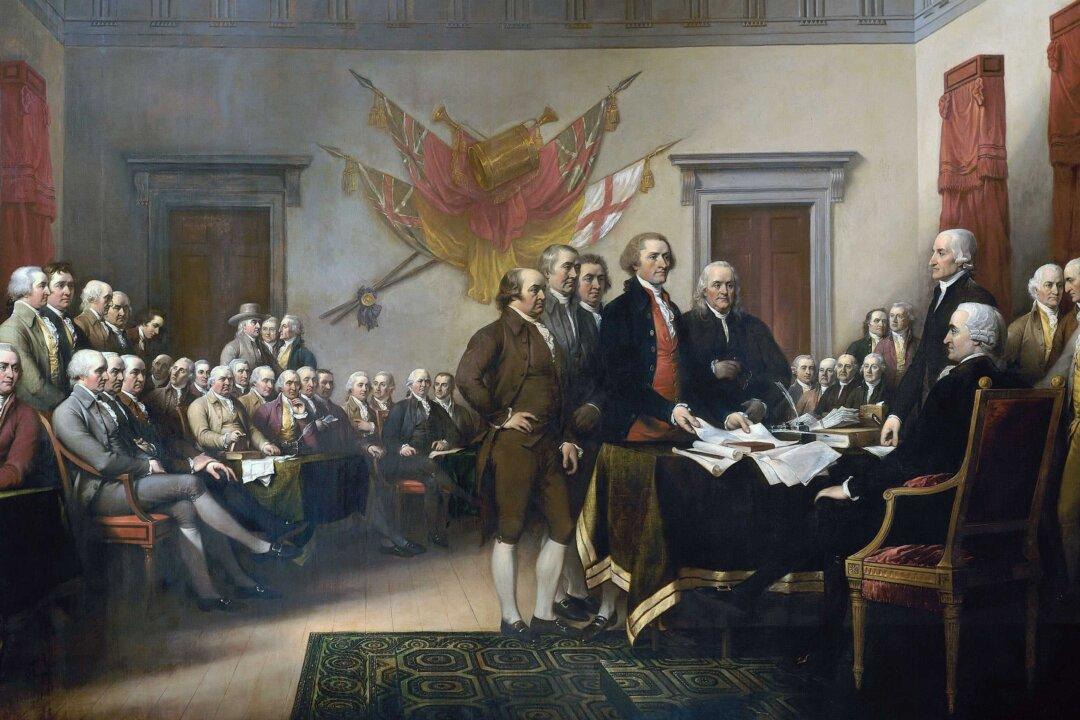Commentary
In the 1770s, Britain was the greatest imperial power on the planet. The idea that the 13 colonies could somehow challenge—let alone defeat—the British militarily was almost unfathomable.

In the 1770s, Britain was the greatest imperial power on the planet. The idea that the 13 colonies could somehow challenge—let alone defeat—the British militarily was almost unfathomable.